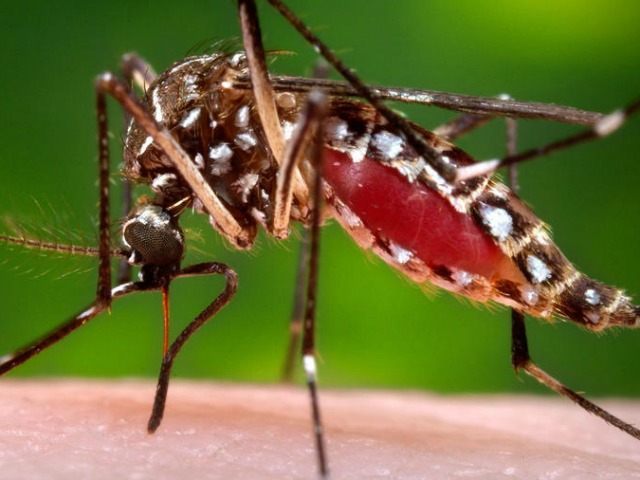A new study has allowed scientists to watch the Zika virus destroy nascent brain cells in mice fetuses, proving definitively the link between the virus and birth defects in humans as well as cementing suspicions that the strain of Zika spreading in Latin America is a more dangerous mutation than those seen previously.
Three teams of scientists independently conducted different studies on mice fetuses, Reuters notes, all finding similar damage to unborn mice whose mothers are injected with Zika. The scientists watched under microscopes as the virus spread into the fetuses’ brains and began to destroy them before the unborn mouse could properly develop. Signs of microcephaly in cases where the virus was introduced later in development were common; in those in which Zika was introduced in the earlier stages of a pregnancy, the fetus died before being born.
Results of one of these studies, published in the journal Nature, also compared the damage caused by the long-known strain of Zika originating in Africa to that caused by the virus currently spreading in Latin America and native to the South Pacific. The African strain — which, due to its presence being known for decades, is more commonly available in sample form for scientists to conduct experiments with — caused significantly less damage in the unborn mice than the Latin American strain.
“Our findings support the hypothesis that microcephaly is a distinctive feature of recent Zika virus Asian-lineage virus, which originated in the Pacific and is now spreading in South and Central America,” the Brazilian researcher Patricia Beltrão-Braga wrote in her study. Such a mutation in the virus would help explain why the reaction towards the virus in Brazil, Colombia, and other affected areas was initially so muted: The Zika doctors knew it was not as great a threat.
“The Zika virus is not as terrible as dengue or chikungunya. Patients do not die as a result of contracting it,” wrote Gubio Soares, the medical researcher who first identified Zika’s presence in Brazil, last year. His assertion still stands regarding most Zika patients, who do not experience any symptoms at all. But for pregnant mothers in affected regions, Zika has become a serious threat to the viability of their unborn children.
The latest studies on mice also confirm that Zika, and not other potential factors, definitively causes brain deformities.
Alarm over the potential of a Zika outbreak in North America is growing as the weather warms in the Southern Hemisphere and Brazil, the epicenter of the Latin American outbreak, prepares for hundreds of thousands of tourists to descend upon it for this year’s Summer Olympics. Some in the public health community are calling for Brazil to postpone the games, or the International Olympic Commission to move the games to an unaffected area. “Mass migration into the heart of an outbreak is a public health no-brainer,” University of Ottawa Professor Amir Attaran writes in the latest issue of the Harvard Public Health Review. Brazilian soccer legend Rivaldo has discouraged tourists from going to the Olympic games, citing both disease and rampant crime as threats.
The Brazilian government has made efforts to end the outbreak, including the largest troop deployment in the nation’s history to clear still-water deposits and educate families on how to avoid the disease. But the president who ordered the deployment, Dilma Rousseff, has been impeached and removed from office, and the number of Zika cases in Brazil is nearing six figures. With experts estimating that up to two billion people worldwide are at risk of exposure to Zika, many are wondering whether Brazil can do enough to keep the Olympics safe.
The World Health Organization (WHO) has stood by Brazil, issuing a statement this week that the organization is “confident” that Brazil will be able to deliver a safe and enjoyable fortnight of games. Its statements echo those of the International Olympic Commission, which has expressed an optimistic view that the cooler weather in August will help lower the mosquito population and make contracting Zika in Rio de Janeiro more difficult.

COMMENTS
Please let us know if you're having issues with commenting.